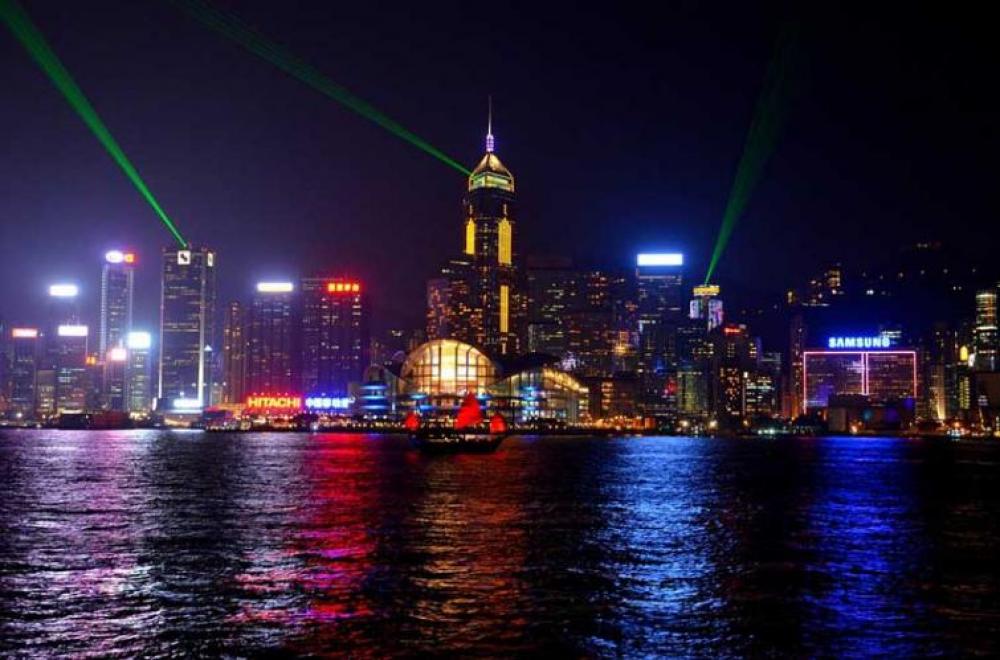Just Earth News | @justearthnews | 12 Jun 2019

Moscow (Sputnik/UNI): Anti-riot police in Hong Kong have used pepper spay and tear gas against activists as thousands of people have gathered near the Legislative Council (LegCo) on Wednesday to protest the controversial bill on amendments to the autonomous region's extradition law, local media reported.
The protesters gathered ahead of the body's meeting on the second reading of the bill, whose adoption will allow regional authorities to extradite suspects to mainland China. The Council's meeting was subsequently rescheduled for a later date.
After the police started pepper spraying the protesters, who are using umbrellas to protect themselves from the agent, the demonstrators started charging toward metal barricades, separating them from the police and the LegCo complex, The South China Morning Post newspaper reported.
One of police officers could be seen holding a banner reading "Stop charging or we use force," the outlet added.
The protesters, however, continued charging forward, with some of them shouting "Add oil, Hongkongers" and started clashing with the police, prompting law enforcement officers to use tear gas, according to the newspaper.
The anti-riot police have also fired bean bag rounds at the demonstrators, the outlet reported.
"It's a riot now. We had no choice but to use weapons to stop these rioters from barging at our defence lines. We condemn such irresponsible behaviour. There's no need to hurt innocent people to express your opinions," Hong Kong Police chief Stephen Lo said, as quoted by the newspaper.
On June 9, over 1 million people took to the streets in Hong Kong in another mass rally to protest against the amendment, with the protest becoming the largest rally held in the city since the United Kingdom returned Hong Kong to China in 1997.
The amendments to Hong Kong's extradition law are set to allow the autonomous territory to give up suspects to countries, with which it does not have extradition agreements. Rights groups have voiced concern that the new law would allow Beijing to secure the extradition of not only fugitive Chinese politicians but also activists who oppose the government's policies.